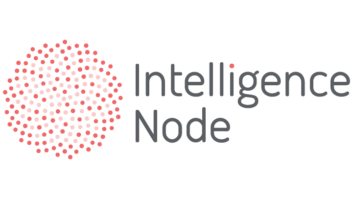The South Korean Daewoo Group’s $3.2 billion sale of its electronics company to the Beverly Hills-based Walid Alomar & Associates marks a turning point for both consumer electronics manufacturers and for the large mega-conglomerates known in Korea as “chaebols.”
Daewoo Electronics Company, or DEC, will come under the control of New DEC, the company that was formed by Walid Alomar and is headquartered in the U.S. The operations and assets under the agreement with New DEC are in Western Europe, North and South America, Japan, Korea and Australia.
Walid Alomar & Associates is led by its namesake, Walid Alomar, a 56-year-old engineer from Saudi Arabia who designs systems for refineries and who has also invested in international business projects in energy and telecommunications.
That Walid Alomar & Associates is an American-owned interest marks a reversal in a trend that has seen American-owned companies leaving many of the lower-profit segments of the consumer electronics industry and the rise of foreign-owned companies in the CE marketplace.
A spokesman for Walid Alomar & Associates was contacted but was unavailable for comment by press time.
Just a few years ago another South Korean company, LG Electronics, bought Zenith, one of the most recognized names in U.S. consumer electronics. And Daewoo itself not two years ago tried to purchase Thomson Multimedia, the French government-owned company that owns the former RCA and General Electric CE businesses. That deal fell apart, however, when the French people showed strong opposition to giving up control of the company.
As a chaebol in South Korea, like Samsung and Hyundai, Daewoo enjoyed almost unlimited access to bank loans and was allowed to borrow and expand without regard to profits or possible consequences in an economic downturn.
In a move that marks the first time a chaebol has been broken up, South Korea’s government-controlled banks forced the Daewoo Group to sign a deal winnowing down the company from 22 units to only its six automobile-related units. Even that number may grow smaller, as General Motors has expressed interest in buying Daewoo’s core auto company, Daewoo Motor.













